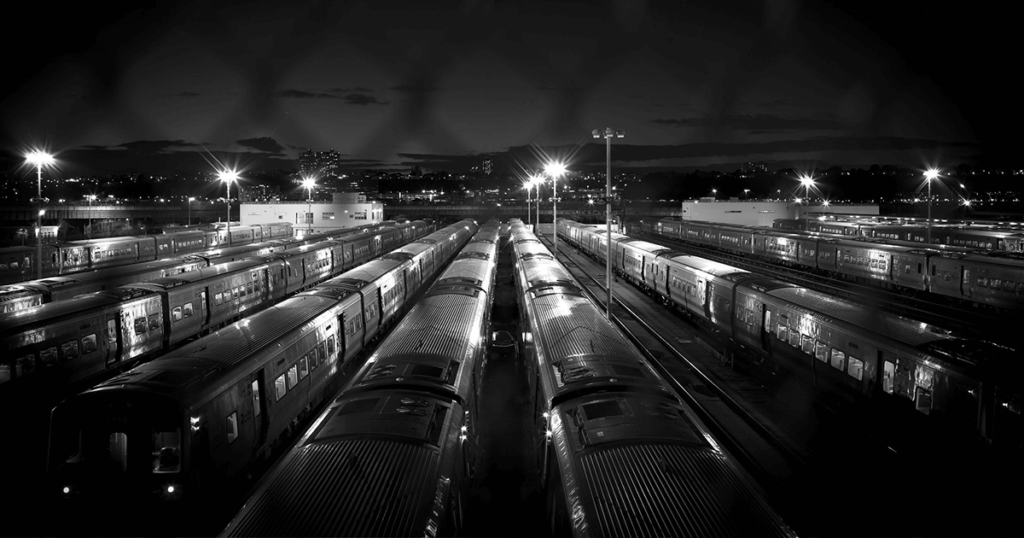
New York’s Penn Station is the portal through which I shoot upstate to the small liberal arts college where I’m teaching through October, down south to see my friends in Brooklyn, or out west, across the river, to visit my parents in New Jersey. I’ve been commuting through Penn Station since my first adolescent trips to “the city.” And yet, I’m constantly taken aback by the amount of human misery one encounters while moving through the subway system below 34th street and the main terminal above it. I remarked on Twitter that it’s astonishing, overwhelming, and terrifying at times when you slow down and look around you.
Most people, I noted—myself included, it shames me to say—necessarily make themselves numb with indifference in order to navigate the space. How could we not? People are starving among us. Yet, I was surprised that merely pointing out this basic truth invited cynicism. “Ever been to San Francisco?” was a common retort. Or “New York is safer than it’s ever been.” I’ve been to the Bay Area, and I’m old enough to recall a more dangerous Manhattan. Both observations miss the point I was trying to make.
The writer and Iraq veteran Phil Klay saw my post and responded, as he often does, with a snippet of exquisite writing elaborating on the sentiment. “There’s a remarkable bit from Norman Lewis’ account of post-war Naples where he recounts eating in a restaurant amidst the omnipresent suffering at the time,” he wrote:
Suddenly five or six little girls between the ages of nine and twelve appeared in the doorway. They wore hideous straight black uniforms buttoned under their chins, and black boots and stockings, and their hair had been shorn short, prison-style. They were all weeping, and as they clung to each other and groped their way towards us, bumping into chairs and tables, I realised they were all blind. Tragedy and despair had been thrust upon us, and would not be shut out. I expected the indifferent diners to push back their plates, to get up and hold out their arms, but nobody moved. Forkfuls of food were thrust into open mouths, the rattle of conversation continued, nobody saw the tears.
Lattarullo explained that these little girls were from an orphanage on the Vomero, where he had heard—and he made a face—conditions were very bad. They had been brought down here, he found out, on a half-day’s outing by an attendant who seemed unable or unwilling to stop them from being lured away by the smell of food.
The experience changed my outlook. Until now I had clung to the comforting belief that human beings eventually come to terms with pain and sorrow. Now I understood I was wrong, and like Paul I suffered a conversion—but to pessimism. These little girls, any one of whom could be my daughter, came into the restaurant weeping, and they were weeping when they were led away. I knew that, condemned to everlasting darkness, hunger and loss, they would weep on incessantly. They would never recover from their pain, and I would never recover from the memory of it.”

